Carrier has been making high-quality air conditioners for some time now. However, you may run into problems like other units, and your system won't turn on. Let's take a look at what could be causing this issue.
If your Carrier air conditioner doesn't turn on, it could be due to the following:
- Dirty Air Filter
- Low Refrigerant
- Frozen Evaporator Coil
- Tripped Breaker
- Electrical Issue
- Faulty Condenser
- Needs Reset
- Thermostat Issue
- Clogged Drain Line
- Failed AC Motor
- Bad AC Capacitor
- Old Age
- Wrong AC Size
As you can see, there are several reasons why your Carrier air conditioner isn't turning on. In this article, we will look at each of these issues to help you troubleshoot the culprit. In addition, we will answer other frequently asked questions about Carrier air conditioners, so read on!
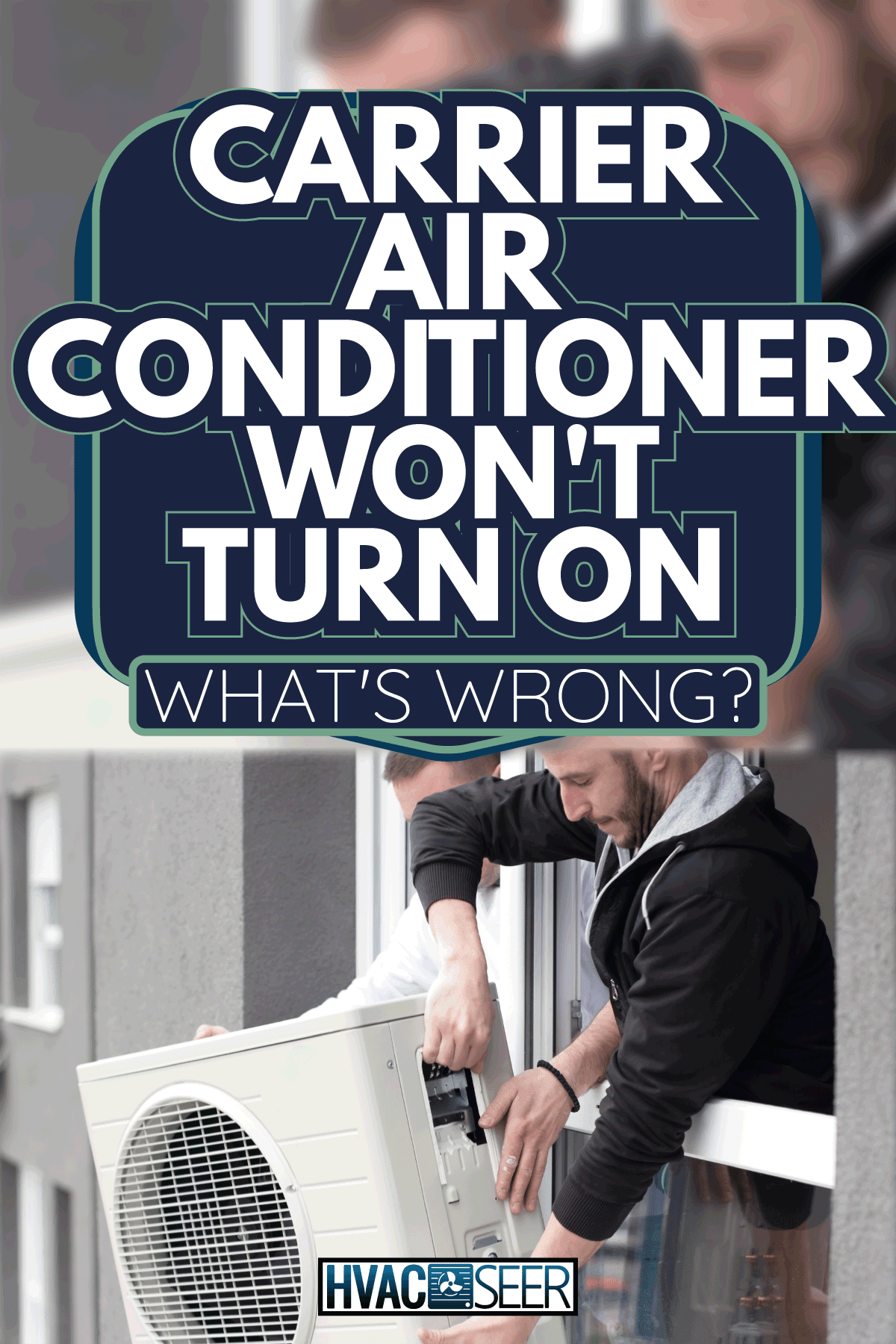
What could cause a Carrier air conditioner to not turn on?
An air conditioner works by removing heat from the air inside a room and releasing it outside. The unit contains both a compressor and a condenser. The compressor pumps refrigerant gas to the condenser, where it is condensed into a liquid.
The liquid refrigerant then flows through the coils in the evaporator, absorbing heat from the air. The refrigerant is then pumped back to the compressor, where the cycle starts again.
When all parts are working correctly, you are left with a cool, comfortable room. If your Carrier air conditioner is not turning on, it could be due to any of the following:
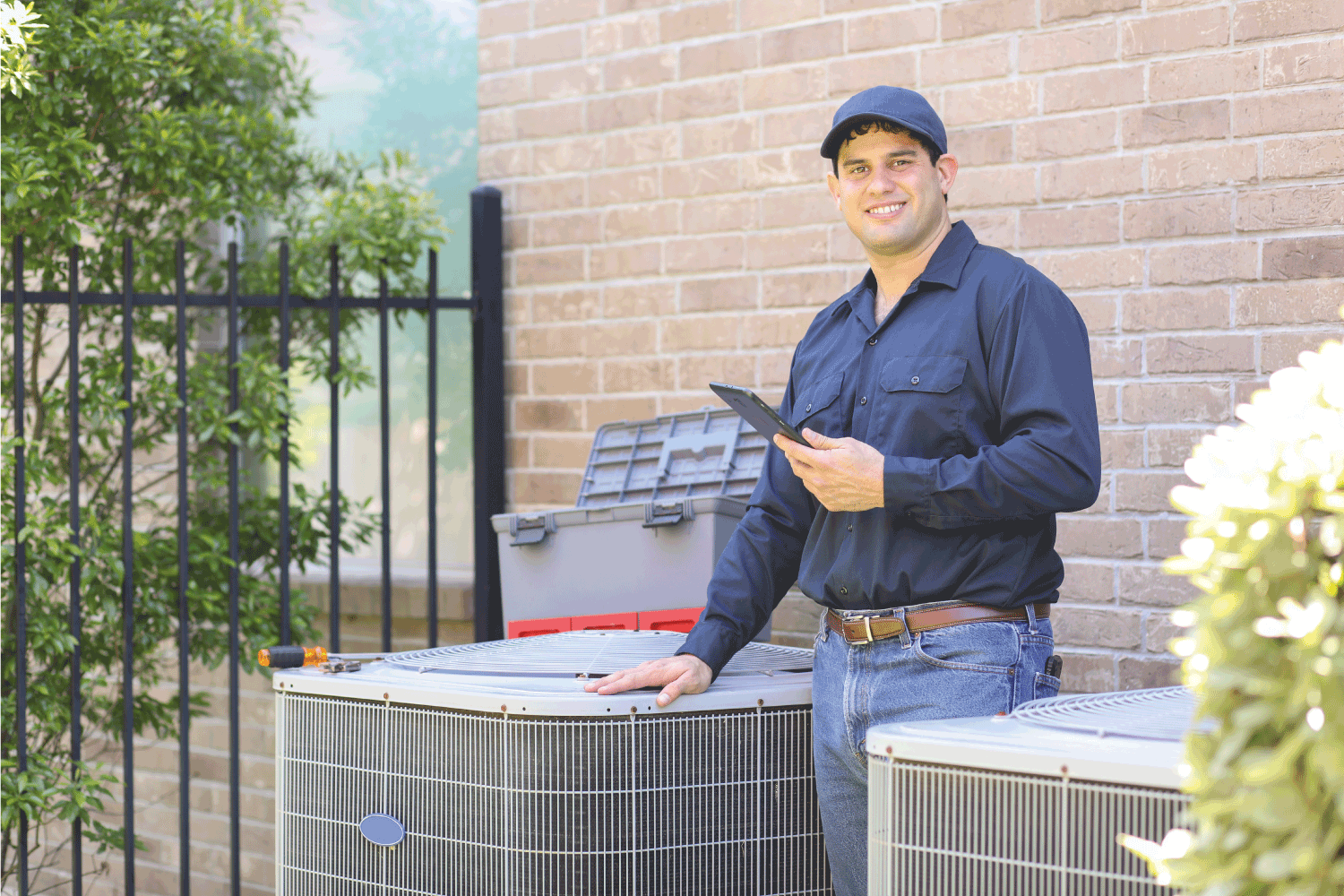
Dirty Air Filter
The air filter blocks dirt, dust, and other particles from getting into the unit and affecting the performance. However, a dirty air filter can cause the unit to overheat and trip the breaker.
Take your filter out and remove any dirt or debris to avoid this problem. Then, put the filter back in place and check it every month.
Low Refrigerant
The refrigerant in your air conditioner circulates through the coils to absorb heat. If there is not enough refrigerant, the coils will freeze, and the unit will not turn on.
Your refrigerant level may be low, or the unit is leaking. It is best to call a technician to diagnose and fix the problem in either case.
Frozen Evaporator Coil
The evaporator coil is responsible for cooling the air. If it becomes frozen, the unit will not turn on.
Several things can cause the evaporator coil to freeze, such as a dirty filter, low refrigerant, or a blocked drain line. Since the evaporator coil isn't easily accessible, you will need to call a technician to fix the problem.
Tripped Breaker
If your air conditioner is tripping the breaker, it is likely due to an electrical issue. The most common cause of this problem is a short circuit.
First, you can try resetting the breaker by flipping it off and then back on. If that doesn't work, you will need to call an electrician to fix the problem.
Electrical Issue
If resetting the breaker doesn't work, the issue may lie within the unit itself. For example, there could be a faulty wire, connector, or a blown fuse. You can check the control panel for any blown fuses if you feel comfortable.
If you find one, replace it with the same type of fuse. If there are no blown fuses, you will need to call a technician to fix the problem.
Faulty Condenser
The condenser is located outside and is responsible for releasing the heat from the air conditioner. If it isn't working properly, the unit will not turn on.
Several things can go wrong with the condenser, such as a dirty coil, low refrigerant, or a blocked drain line. You will need to call a professional to fix the problem in most cases.
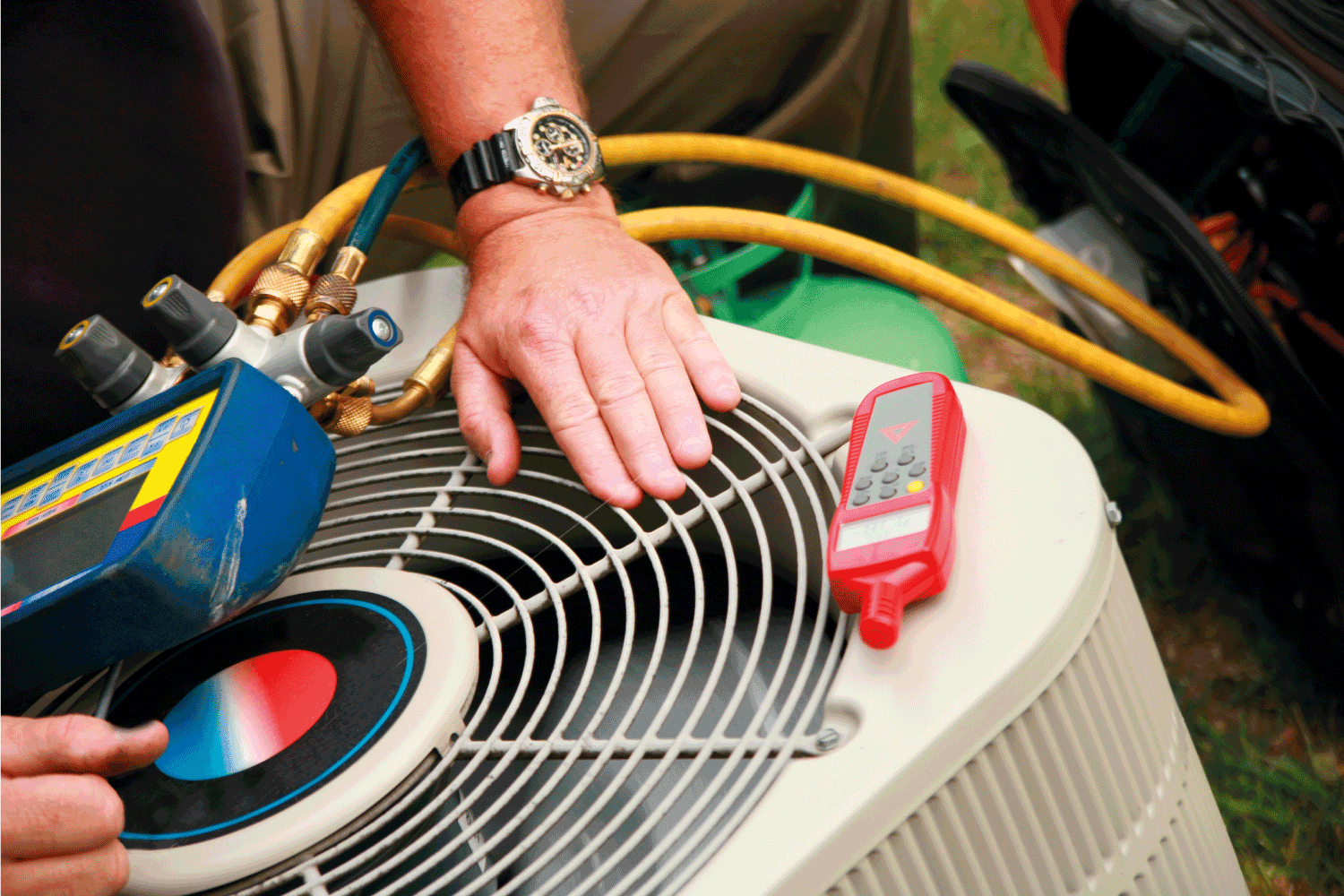
Needs Reset
If your unit is not turning on, it may need to be reset. You will need to access the control panel, look for a red button near the compressor, hold down the reset button for three seconds, and release it. The system will respond will three beeps signifying that it is reset.
Try turning your unit on again. If it still doesn't work, you will need to call a technician.
Thermostat Issue
If your thermostat is not working properly, the unit will not turn on.
Several things can go wrong with a thermostat, such as a faulty wire or connector. If you think there may be an issue with your thermostat, you can try changing the batteries.
Clogged Drain Line
The drain line is responsible for draining the water from the air conditioner. If it becomes blocked, the water will back up and cause the coils to freeze.
You can try cleaning the drain line yourself by removing any visible debris and pouring vinegar don't the line. However, be sure to unplug the unit before doing so. If that doesn't work, you will need to call a technician to fix the problem.
Failed AC Motor
The AC motor is responsible for the movement of the fan. If it fails, the unit will not turn on.
AC motors can wear and break down over time. The motor has likely failed if you notice any humming or grinding noises coming from your unit.
You will need to call a technician to replace the motor in most cases.
Bad AC Capacitor
The AC capacitor is responsible for the start and run of the AC motor. If it fails, the unit will not turn on. The capacitor has most likely failed if you notice a burning smell coming from your unit.
Old Age
On average, AC units will last 15 years. If your unit is older than that, it may not be able to handle the load of the current season.
If the unit came with the home, then check the date of manufacture, and it is older than fifteen years, it may be time to replace the unit.
Wrong AC Size
It is a common problem that people buy an AC unit that is too small for their home. If the AC unit is too small, it will not be able to cool the space adequately.
In addition, the unit will have to work harder and will be more likely to break down. If you are unsure what size AC unit you need, you can consult with a professional.
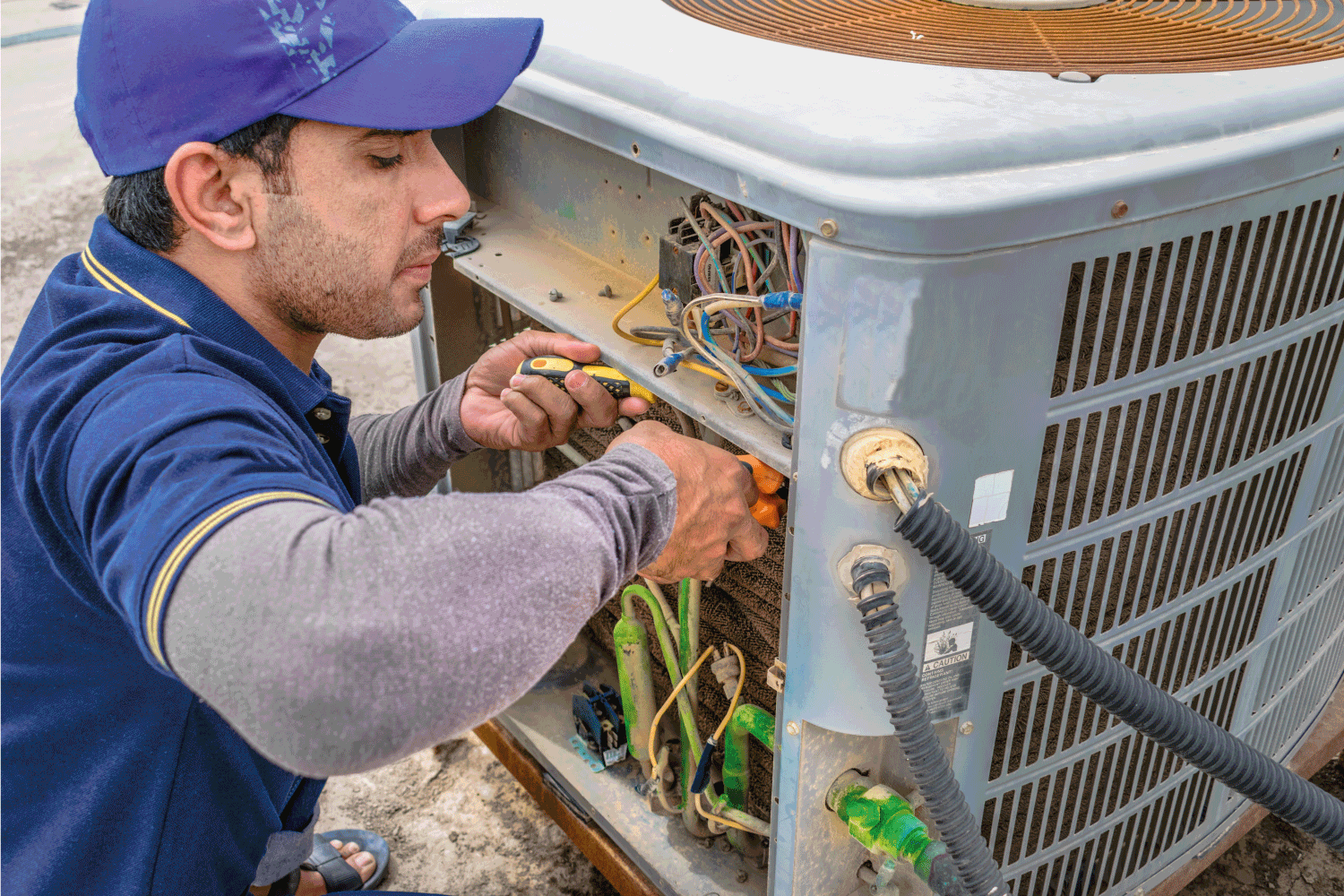
How long do Carrier air conditioners last?
How long your Carrier air conditioner will last depends on several factors, such as how often it is used and the quality of the unit.
On average, Carrier air conditioners last around 15 years but can make it to 25 years with proper maintenance. If you are unsure of the age of your unit, you can check the date of manufacture on the sticker.
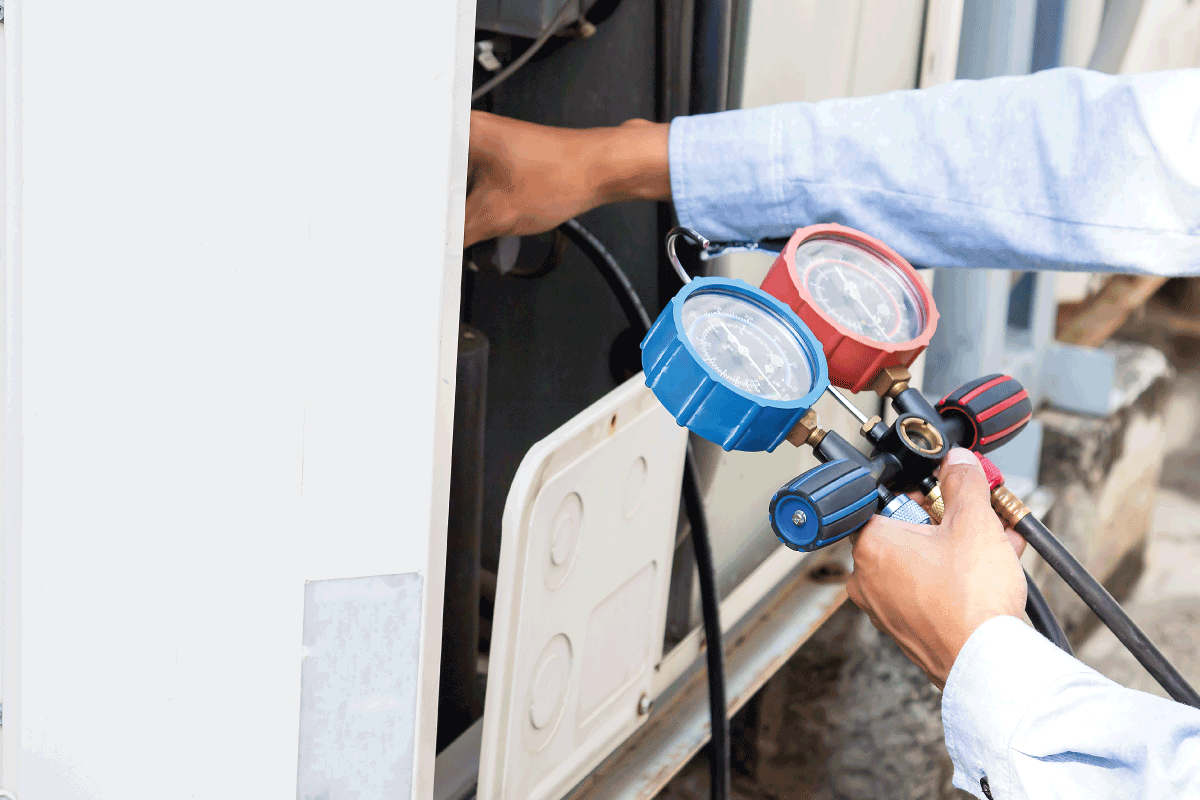
How do you know if it is time to replace your air conditioner?
There are a few telltale signs that it may be time to replace your air conditioner. Let's take a look at each below:
Strange Noises
If your air conditioner is making strange noises, something is likely wrong. Humming, clunking, or grinding noises are common indicators of a failed AC motor.
High Energy Bills
If your energy bills have been steadily increasing, it may be time to replace your air conditioner. A new, more energy-efficient AC unit can save you up to 20-40% on your cooling costs.
Bad Smells
If your air conditioner is giving off a burning smell, it may be time to replace it. This is usually a sign that the AC capacitor has failed. In addition, if you are getting a whiff of foul smells, then it could be a sign of mold or mildew.
Mold buildup can be a serious issue and should be addressed as soon as possible.
Poor Air Quality
If you notice that your air quality has deteriorated since you've installed your AC unit, it may be time to replace it. An old or faulty AC unit can contribute to poor indoor air quality.
Poor Air Flow
If it seems like your unit is not cooling the space as well as it used to, it could be a sign that the AC fan is not working correctly. This could be due to a clogged drain line, a failed AC motor, or a bad capacitor.
Constant Repairs
If it seems like you are chasing repairs with your air conditioner, it may be time to replace it. However, a unit that constantly needs repairs is not worth the hassle.
You would be better off investing in a new, more energy-efficient AC unit in the long run.
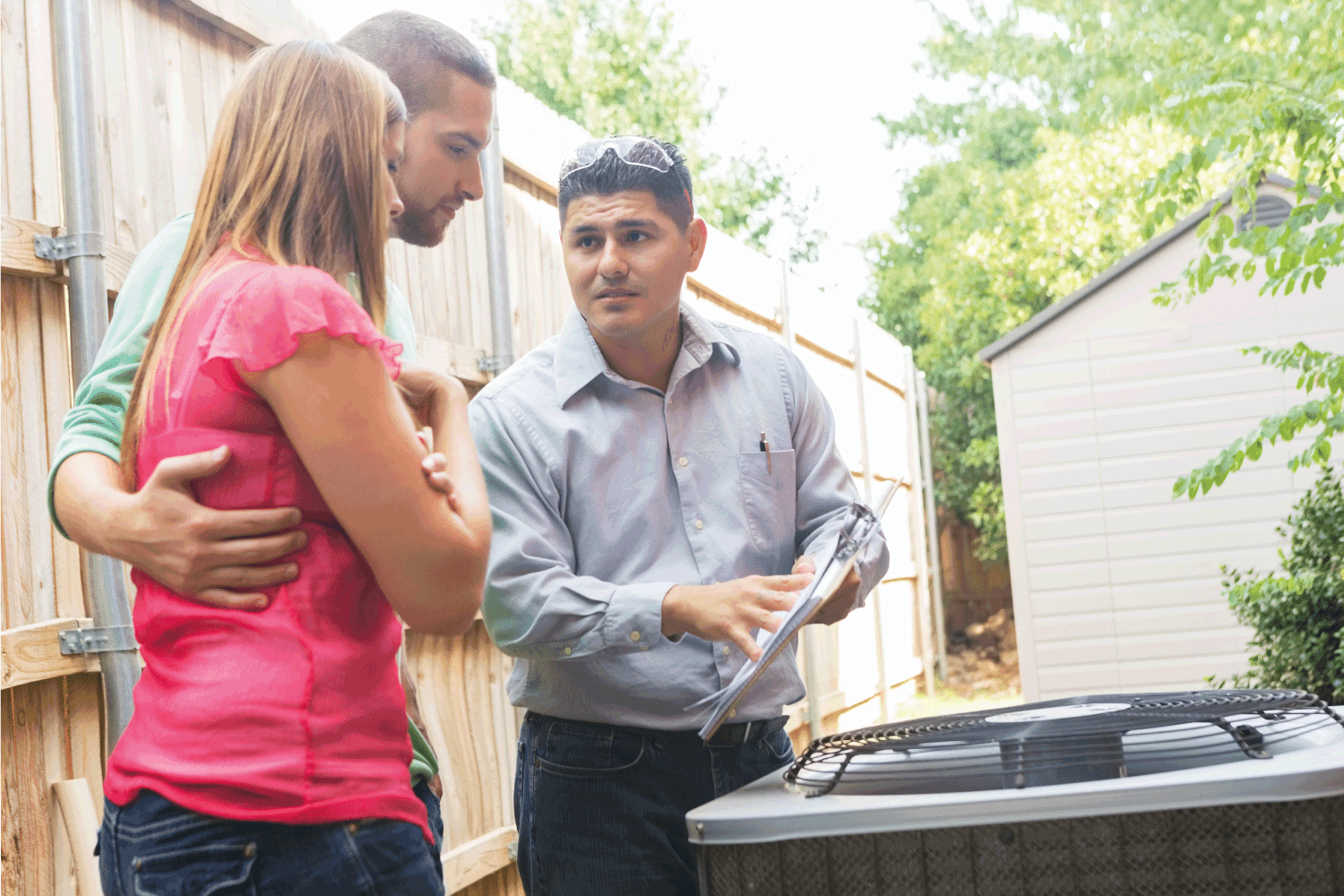
Final Thoughts
There is no doubt that Carrier makes some of the best air conditioners. But even the best AC unit will eventually need to be replaced.
There are a number of telltale signs that your AC unit needs to be replaced, such as strange noises, high energy bills, bad smells, and poor air quality.
If you are experiencing any of these problems, it is time to consult with a professional and see if it is time for a replacement.
Made it to the end? Here are other articles you may enjoy:
How Long Is Rheem AC Warranty, And Does It Cover Labor?
